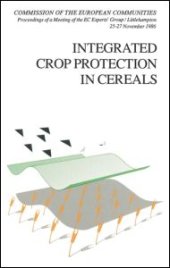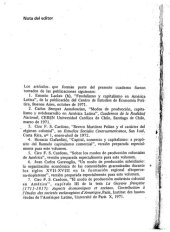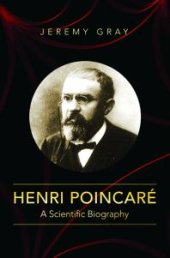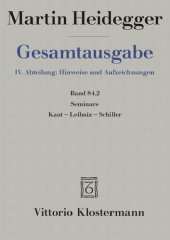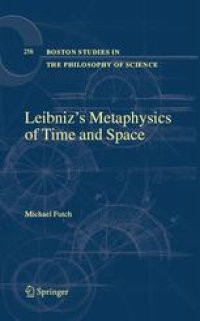
Ebook: Leibniz's Metaphysics of Time and Space
Author: Michael J. Futch Ph.D (auth.)
- Tags: Philosophy of Science, History of Philosophy, Modern Philosophy, History of Science, Metaphysics
- Series: Boston Studies in the Philosophy of Science 258
- Year: 2008
- Publisher: Springer Netherlands
- Edition: 1
- Language: English
- pdf
Leibniz’s metaphysics of space and time stands at the centre of his philosophy and is one of the high-water marks in the history of the philosophy of science. In this work, Futch provides the first systematic and comprehensive examination of Leibniz’s thought on this subject. In addition to elucidating the nature of Leibniz’s relationalism, the book fills a lacuna in existing scholarship by examining his views on the topological structure of space and time, including the unity and unboundedness of space and time. It is shown that, like many of his more recent counterparts, Leibniz adopts a causal theory of time where temporal facts are grounded on causal facts, and that his approach to time represents a precursor to non-tensed theories of time. Futch then goes on to situate Leibniz’s philosophy of space and time within the broader context of his idealistic metaphysics and natural theology. Emphasizing the historical background of Leibniz’s thought, the book also places him in dialogue with contemporary philosophy of science, underscoring the enduring philosophical interest of Leibniz’s metaphysics of time and space.
Leibniz’s metaphysics of space and time stands at the centre of his philosophy and is one of the high-water marks in the history of the philosophy of science. In this work, Futch provides the first systematic and comprehensive examination of Leibniz’s thought on this subject. In addition to elucidating the nature of Leibniz’s relationalism, the book fills a lacuna in existing scholarship by examining his views on the topological structure of space and time, including the unity and unboundedness of space and time. It is shown that, like many of his more recent counterparts, Leibniz adopts a causal theory of time where temporal facts are grounded on causal facts, and that his approach to time represents a precursor to non-tensed theories of time. Futch then goes on to situate Leibniz’s philosophy of space and time within the broader context of his idealistic metaphysics and natural theology. Emphasizing the historical background of Leibniz’s thought, the book also places him in dialogue with contemporary philosophy of science, underscoring the enduring philosophical interest of Leibniz’s metaphysics of time and space.


